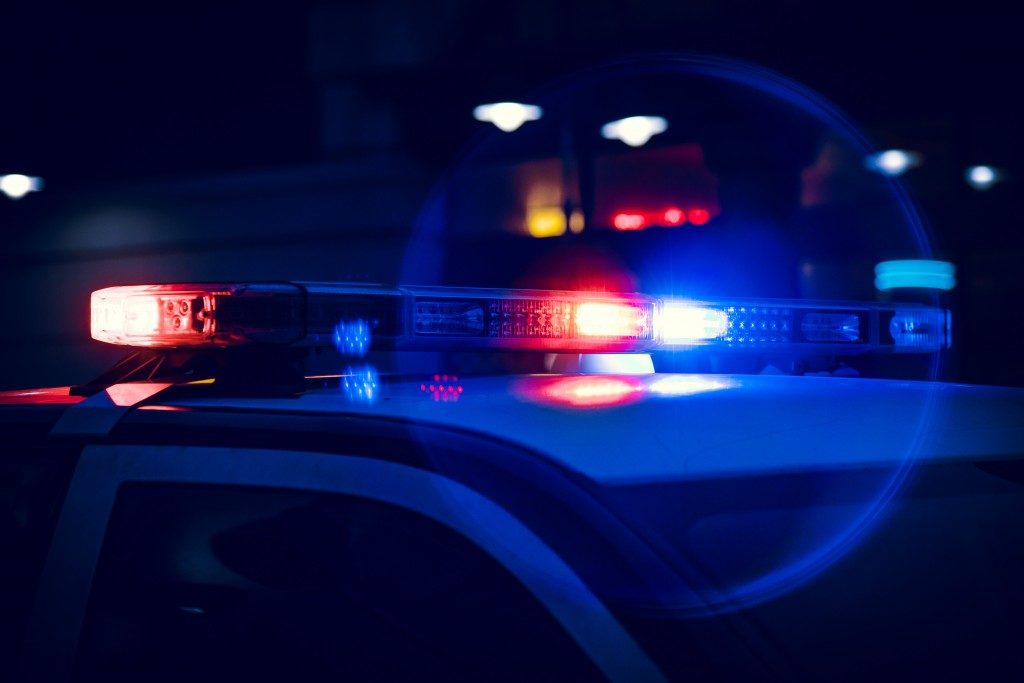If you ever find yourself in a situation where a police officer is pulling you over, nerves can easily get the better of you. This can lead to a tense interaction and the potential of things getting worse. Here are three keys to managing an encounter wherein law enforcement stops you on the road.
Exercise caution
Getting pulled over can make anybody nervous – even if you’re not guilty of anything as far you know. You may have been driving home peacefully after work, allowing your mind to drift, and then gone over the limit without realizing it. These situations are unexpected and filled with tension.
In fact, both sides can be nervous. Policemen are aware that traffic stops are a dangerous and unpredictable situation. Many officers get hurt for reasons ranging from misunderstandings escalating to violence, or being hit by passing automobiles.
Staying calm and doing what you can to ease the tension is the first step towards managing the situation. Pull over safely to the side of the road as soon as possible. Switch off the engine and music, turn on the inside lights, and keep your hands on the wheel; passengers should place theirs on the dashboard. Roll down your window part way and don’t make any sudden movements. This will allow the officer to proceed in a similar calm manner and minimize the risk of unwanted escalation.
Know your rights

While you should remain polite and respectful throughout your interaction with the officer, you certainly have the right to remain silent. Passengers may ask if they are free to leave, and do so if permitted. You may decline any request to search your car unless the officer has probable cause. You may call a lawyer if arrested, and make phone calls to other people, though the police may listen to any calls other than the one to your lawyer.
For instance, if you have been pulled over in Lynnwood, the officer might start asking questions (such as why you were driving fast, who owns the car and do they know you’re driving?) to probe for possible auto theft. Maybe your vehicle resembles the description from a report over in Kent. Remember that you don’t have to answer any questions. If you wind up being arrested, make a phone call to your criminal attorney in Lynnwood, and avoid making any statements or decisions, or signing any papers, without your lawyer’s involvement.
Record information
At a minimum, you should write down the police officer’s badge number. Take note of other pertinent information such as their name, patrol car number, and the agency they represent. Try to get any responses you make during the interaction on record; speak up loud enough so that the police recorder can catch what you said.
If you have a recording device of your own inside the vehicle, make sure to inform the officer of your intention to record the incident. In Washington, you have a right to record a conversation with consent, and to document happenings in public areas so long as you do not interfere with the execution of the policeman’s duties. Always remember to move slowly and deliberately should you need to access your camera or other recording devices.
Regardless of the reason for being pulled over, or the outcome of the interaction, you can always make a difference and prevent a tricky situation from getting any worse.




